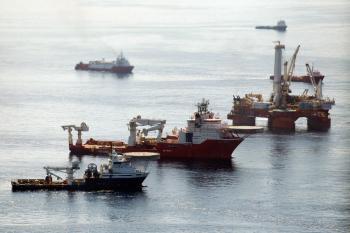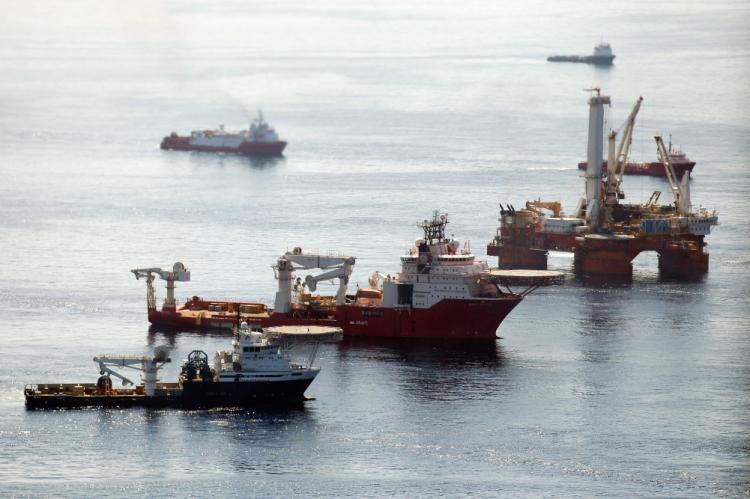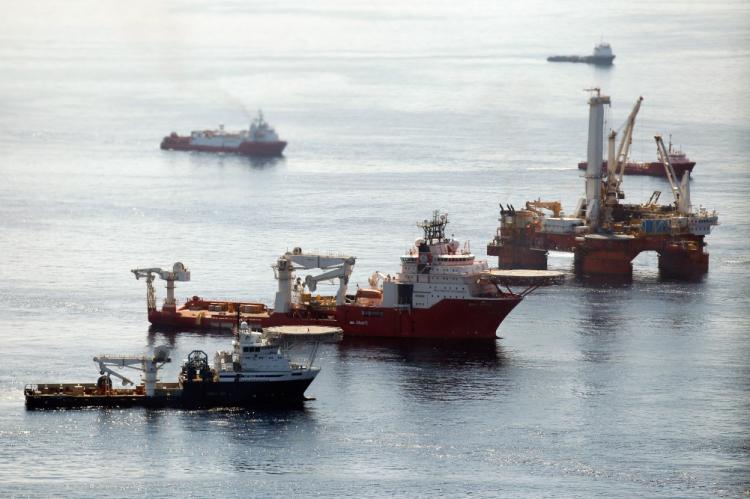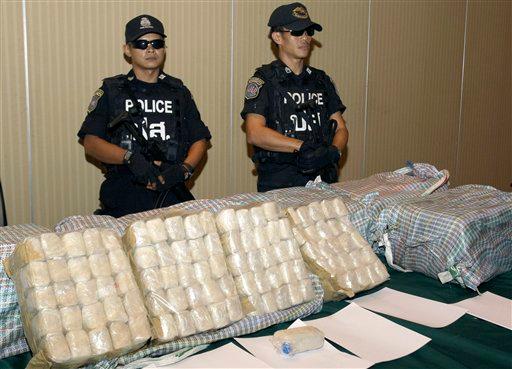People living within 10 miles of the coastline near the Gulf are still coping with the impacts of the oil spill that have affected their families, incomes and life decisions, found a survey conducted by Columbia University’s National Center For Disaster Preparedness (NCDP), a division of the Mailman School of Public Health.
The survey, conducted July 19 to 25, asked over 1,200 residents in affected areas how they had been impacted by the BP oil spill.
Over 40 percent of those living in the surveyed area said they were directly exposed to the oil.
Children were severely impacted with one-third of parents reporting that their kids developed physical or mental problems due to the spill.
In terms of affecting life choices, the survey found that over 25 percent believe they will have to move away from the area due to the oil spill. The majority, 65 percent, thought it was no longer safe to eat local seafood and over 70 percent said they would not be going to local beaches this summer, normally a major pastime in the area.
Eight percent of respondents said that they had lost their jobs as a direct result of the spill, 20 percent reported that their household incomes had suffered due to the disaster.
While compensation has been promised for emergency needs and long term damages, of those surveyed, only 5 percent had so far received any form of payment from BP. A total of 15 percent, however, believed they were entitled to compensation.
Those in the affected areas did not believe that those in positions of power were responding properly to the oil spill. They also showed a lack of trust in the information they were being provided about the spill from all major sources.
The survey also found that similar to what happened during Hurricane Katrina, the majority of people most severely impacted by this disaster have been among the poorest segment of society, those making $25,000 a year or less.
The survey, conducted July 19 to 25, asked over 1,200 residents in affected areas how they had been impacted by the BP oil spill.
Over 40 percent of those living in the surveyed area said they were directly exposed to the oil.
Children were severely impacted with one-third of parents reporting that their kids developed physical or mental problems due to the spill.
In terms of affecting life choices, the survey found that over 25 percent believe they will have to move away from the area due to the oil spill. The majority, 65 percent, thought it was no longer safe to eat local seafood and over 70 percent said they would not be going to local beaches this summer, normally a major pastime in the area.
Eight percent of respondents said that they had lost their jobs as a direct result of the spill, 20 percent reported that their household incomes had suffered due to the disaster.
While compensation has been promised for emergency needs and long term damages, of those surveyed, only 5 percent had so far received any form of payment from BP. A total of 15 percent, however, believed they were entitled to compensation.
Those in the affected areas did not believe that those in positions of power were responding properly to the oil spill. They also showed a lack of trust in the information they were being provided about the spill from all major sources.
The survey also found that similar to what happened during Hurricane Katrina, the majority of people most severely impacted by this disaster have been among the poorest segment of society, those making $25,000 a year or less.






